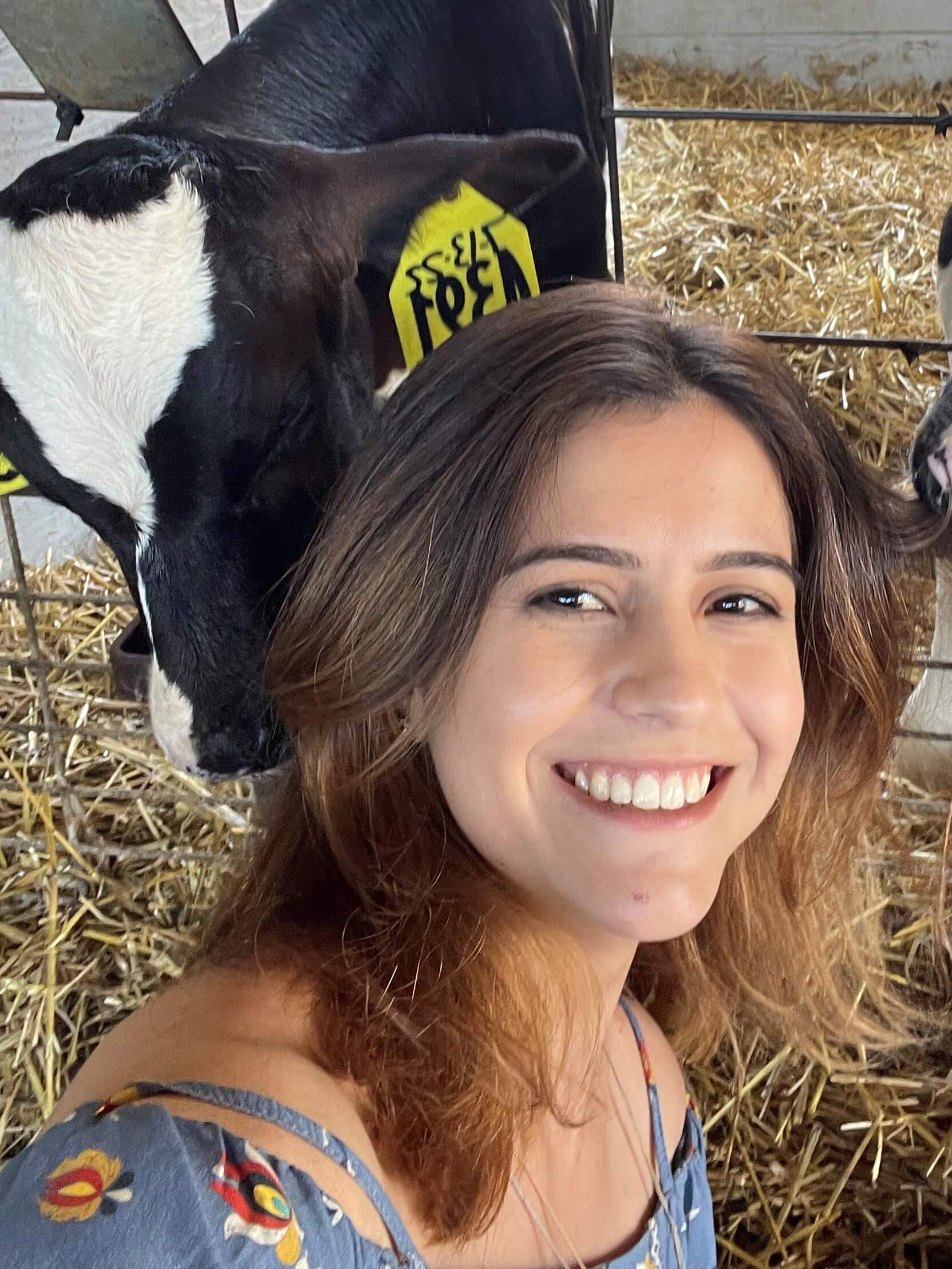Intern Report: Investigation into Johne’s Disease
Written by
November 03, 2022

By Larissa Novo, 2022 CDCB Intern and PhD student in Animal Breeding & Genetics at University of Wisconsin-Madison
During the summer of 2022, I conducted a project to investigate the incidence of Johne’s disease in U.S. dairy cattle. Johne’s disease is a chronic, contagious condition caused by a bacterium and can evolve to extreme symptoms and death. Using the large CDCB database allowed us to investigate factors that influence the incidence of Johne’s disease, such as age, milk production, stage of lactation and breed. An in-depth phenotypic analysis was also performed to explore three different types of statistical models with the inclusion of different traits to be used in the future.
We explored alternatives for variance components estimation for Holstein, Jersey and Brown Swiss cows, with or without the use of genomic information. Our preliminary results suggest that a single-step approach is feasible in Jersey and Holstein, but not for Brown Swiss cows due to limited animals with information collected. The database shows almost 402,000 Holstein and 12,000 Jersey cows tested for Johne’s disease. Initial results seem to show that there is room for U.S. Jersey cows to be genetically selected with preliminary heritabilities of 0.07 to 0.14. We also had an updated estimation of heritability for Holstein cows, around 0.04. For both Holsteins and Jerseys, we were able to incorporate genomic information to pedigree for a better estimation of heritabilities that can be used in the future for official evaluations with minor adjustments. Next steps are to obtain reliabilities for the estimations for Johne’s disease incidence.
Outside this work with CDCB, I plan to keep studying new traits and ways to improve genetic selection against metabolic diseases.